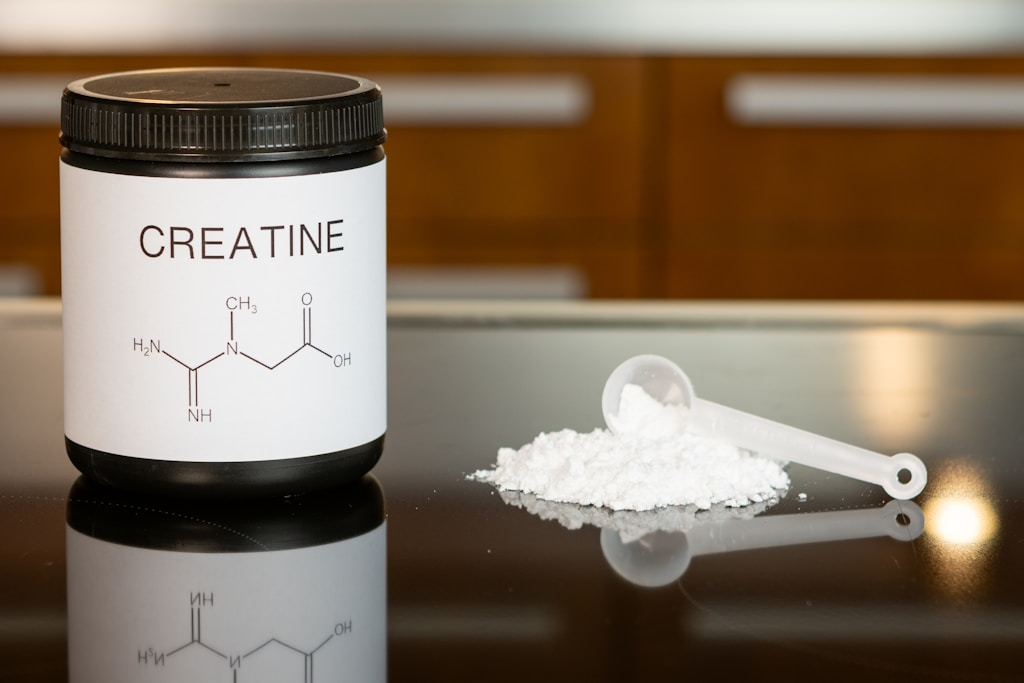
Creatine monohydrate is one of the most researched and widely used supplements in the fitness and bodybuilding community. Whether you are an amateur gym-goer or a seasoned professional athlete, understanding this powerhouse supplement can make a significant difference in your performance and results. In this guide, we will explore what creatine monohydrate is, its benefits, proper usage, potential side effects, and where to find the best creatine monohydrate products.
What Is Creatine Monohydrate?
Creatine monohydrate is a naturally occurring compound found in muscle cells. It helps your muscles produce energy during high-intensity exercise or heavy lifting. While it is possible to obtain creatine through certain foods like red meat and fish, supplementation ensures that your muscles are saturated to maximise performance. Available primarily as a creatine monohydrate powder, it is valued for its purity, effectiveness, and affordability.
What Does Creatine Monohydrate Do?
The primary function of creatine monohydrate is to increase the availability of adenosine triphosphate (ATP), the energy currency of the cell. Higher ATP levels allow you to train harder, longer, and more effectively. This translates into greater muscle strength, increased power output, and faster recovery times — all crucial factors for anyone serious about fitness or competitive sports. For the best results, it’s important to use high-quality products, such as those offered at Powerbody.co.uk, a trusted supplier of sports supplements.
Creatine Monohydrate Benefits
The creatine monohydrate benefits are vast and well-documented. They include:
- Enhanced Strength and Power: Studies consistently show improvements in performance during high-intensity, short-duration activities such as weightlifting and sprinting.
- Increased Muscle Mass: Creatine supports muscle growth by enabling more intense training sessions and stimulating cell volumisation.
- Improved Recovery: Faster recovery between sets and sessions means more productive training and reduced fatigue.
- Cognitive Support: Emerging research suggests that creatine may also support brain health, making it beneficial beyond the gym.
It is no wonder that many professionals consider it the best creatine monohydrate supplement on the market.
How to Take Creatine Monohydrate
Understanding how to take creatine monohydrate is crucial for optimal results. There are two popular methods:
- Loading Phase: Take 20 grams per day, divided into four doses, for 5–7 days. This saturates your muscles quickly.
- Maintenance Phase: After loading, continue with 3–5 grams per day.
Alternatively, you can skip the loading phase and simply consume 3–5 grams daily from the start, although muscle saturation will take a little longer.
Mixing creatine monohydrate powder with water, juice, or your post-workout shake is the most convenient method. Some prefer to take it alongside a meal to enhance absorption.
When to Take Creatine Monohydrate
A common question is when to take creatine monohydrate for maximum effectiveness. Research suggests that the timing is flexible, but some strategies can optimise results:
- Post-Workout: Taking creatine after exercise, especially combined with carbohydrates and protein, may enhance muscle uptake.
- Daily Consistency: More important than exact timing is daily consistency. Whether taken before or after training, maintaining high muscle creatine levels is key.
Products from reliable retailers like Powerbody.co.uk can help ensure you’re getting the highest quality creatine to support your routine.
Creatine Monohydrate Side Effects and Dosage
When used appropriately, creatine is considered very safe. However, some individuals may experience mild creatine monohydrate side effects, including:
- Water Retention: Creatine causes muscles to draw in water, leading to a slight increase in body weight.
- Digestive Issues: A small percentage of users may experience stomach discomfort if taking large doses at once.
To minimise these effects, stick to the recommended dosage. How much creatine monohydrate per day should you take? For maintenance, 3–5 grams daily is sufficient. Always ensure proper hydration when supplementing with creatine.


